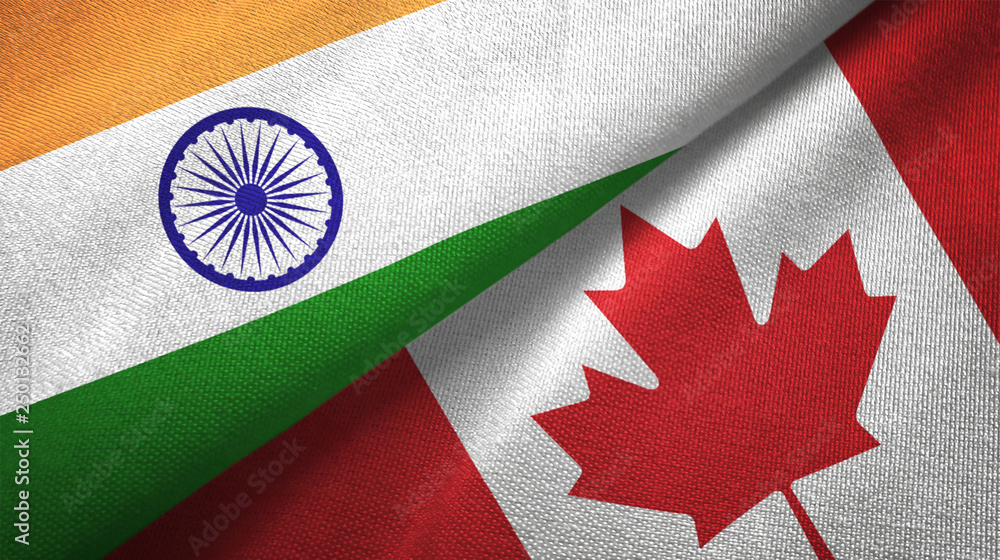Bhavika Jain, Pune
The Canadian government issued a travel advisory on Tuesday urging its citizens to avoid all travel to the Union Territory of Jammu and Kashmir due to an increasingly unpredictable security situation. The advisory pointed to the threats of terrorism, militancy and civil unrest emphasizing the high-risk nature of the region. However, travel to the Union Territory of Ladakh was excluded from this advisory.
The announcement came amidst escalating diplomatic tensions between Canada and India, caused by the recent assassination of an Indian separatist leader on Canadian soil. In response to Canada’s expulsion of a senior Indian diplomat, India reciprocated by expelling a senior Canadian diplomat. Canadian Prime Minister Justin Trudeau clarified that their intention was not to provoke India but to seek a transparent response from the Indian government regarding the assassination.
India later suspended visa processing services in Canada. This suspension was a retaliatory measure against the alleged threats from Khalistan forces that hindered Indian diplomats in carrying out their duties. The suspension affects all Canadian nationals intending to visit India without a valid visa, including tourists, students, and business travelers.
"Avoid all travel to the Union Territory of Jammu and Kashmir due to the unpredictable security situation. There is a threat of terrorism, militancy, civil unrest and kidnapping. This advisory excludes travelling to or within the Union Territory of Ladakh," says Canada in its… pic.twitter.com/AxV7aZ18q3
— ANI (@ANI) September 19, 2023
Diplomatic tension between Canada and India grew after Trudeau hinted at Indian involvement in the assassination of a pro-Khalistan activist, Hardeep Singh Nijjar. In retaliation, India suspended e-visas for Canadians, but those with valid Indian visas or Overseas Citizen of India (OCI) cards are unaffected and can still enter India without extra visa hassles.
The rising tensions underscore the need for open dialogue and cooperation between the Canadian and Indian governments to prevent further escalation of the dispute.
Indian students constitute a largest portion of international students studying in Canada. Currently, they make up around 40 percent of the 8 lakh international students in Canada, as per official Canadian government data. The Ministry of External Affairs has offered advice to Indian students, urging them to exercise heightened caution and stay alert due to the worsening security situation in Canada.
The Ministry of External Affairs has recommended that Indian citizens and students from India in Canada should register with either the High Commission of India in Ottawa or the Consulates General of India in Toronto and Vancouver. This registration will facilitate authorities in reaching out to Indian citizens during emergencies or unexpected events.
